Text: Rajesh Rajgor
NSR is employing composite core material ‘Divinycell’ to lower weight of the containers it builds apart from lowering the total cost of ownership (TCO).
Light weighting is not new. Neither is the prospect of lowering the TCO of a commercial vehicle. Innovative ways of light weighting and lowering TCO have been tried out. They continue to be tried and tested. The primary aim of such experiments are undoubtedly to ensure benefits for the end users. Also to those who have a stake in the entire chain. Better yet, light weighting and lowering TCO have a role to play in ensuring a smaller carbon footprint for a commercial vehicle. When N S Rama Rao (NSR) Body Works decided to explore ways to light weight and lower the TCO of trucks upon which it built bodies, it turned to a sandwich composite material. To the manufacturer of commercial vehicle superstructures (container bodies), the use of sandwich composite material looked highly promising. In business since 1963, NSR Body Works made efficient use of aluminium and stainless steel to build bodies before it stumbled upon the sandwich composite material.
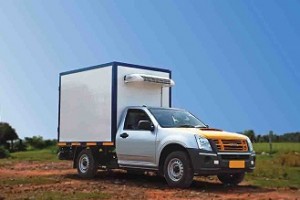 It soon became clear that this material had the potential to help light weight and lower TCO. Opined N R Mahesh, Managing Director, NSR, “The new sandwich composite material holds great potential.” “We will revolutionise the container market with these lightweight and high-strength containers. Our customers will enjoy better durability, vehicle mileage and higher payload, without the associated maintenance cost,” he added. He can’t be off the mark when one considers the fact that the popularity of sandwich composites in structural design is rising for its ability to substantially decrease weight while maintaining mechanical performance. The resulting weight reduction offers numerous benefits, including increased drive range, higher payload and decreased fuel consumption – all of which have a positive impact on operating cost as well as the environment.
It soon became clear that this material had the potential to help light weight and lower TCO. Opined N R Mahesh, Managing Director, NSR, “The new sandwich composite material holds great potential.” “We will revolutionise the container market with these lightweight and high-strength containers. Our customers will enjoy better durability, vehicle mileage and higher payload, without the associated maintenance cost,” he added. He can’t be off the mark when one considers the fact that the popularity of sandwich composites in structural design is rising for its ability to substantially decrease weight while maintaining mechanical performance. The resulting weight reduction offers numerous benefits, including increased drive range, higher payload and decreased fuel consumption – all of which have a positive impact on operating cost as well as the environment.
 Having built 58 types of vehicles including milk and fuel tankers, tippers, and special purpose vehicles, the move to sandwich composite material was a logical progression. Especially for a company that was aiming towards offering innovative solutions to its clients. “The new containers require less engineering effort and offer enhanced performance in comparison to wood or steel. The big enabler is the material. It is 50 % lighter, and two times stronger than mild steel,” Mahesh explained. He added, “Light weighing containers results in lighter trucks. This, in turn, enhances the life of its aggregates.” For sandwich composite material, NSR Body Works turned to DIAB of Sweden, and entered into an alliance with it. A provider of composite core material, a DIAB Group company, Composites Consulting Group (CCG), assisted NSR Body Works by providing on-site support and training to develop the sandwich composite panels. CCG helped NSR to develop the sandwich composite, right from the mould manufacturing process to the final production of containers.
Having built 58 types of vehicles including milk and fuel tankers, tippers, and special purpose vehicles, the move to sandwich composite material was a logical progression. Especially for a company that was aiming towards offering innovative solutions to its clients. “The new containers require less engineering effort and offer enhanced performance in comparison to wood or steel. The big enabler is the material. It is 50 % lighter, and two times stronger than mild steel,” Mahesh explained. He added, “Light weighing containers results in lighter trucks. This, in turn, enhances the life of its aggregates.” For sandwich composite material, NSR Body Works turned to DIAB of Sweden, and entered into an alliance with it. A provider of composite core material, a DIAB Group company, Composites Consulting Group (CCG), assisted NSR Body Works by providing on-site support and training to develop the sandwich composite panels. CCG helped NSR to develop the sandwich composite, right from the mould manufacturing process to the final production of containers.
De-coding NSR’s sandwich composite
A typical sandwich consists of skins or laminates with a much thicker (in relation to the skins) structural core in between. DIAB’s Divinycell, an Interpenetrating Polymer Network (IPN) structural foam, is a core element in the sandwich composite used to build NSR’s containers. Offered in variants like H, HM, HP P, PN, etc., which reflect on the material’s strength, resistance to temperature and application requirement, Divinycell is covered by two skins, or facings, “The skins (over and under the core material) take up normal stresses and give the structure a hard wearing surface. The core material absorbs the force generated by loads and distributes them over the entire body,” said Craig Jacka, VP Marketing and Sales, DIAB India. He added, “As the core material for the new containers, Divinycell has allowed NSR to lower the weight of its 5.5m container by over 50 %, from 2 tons to 990 kg.”
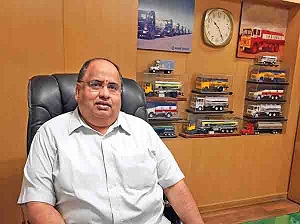 According to Mahesh, the sandwich composite material has better mechanical properties compared to traditional monolithic materials. Besides the core Divinycell, the composite sandwich material also contains the lighter Fibre-reinforced Plastic (FRP), with a density of 1.8 kg per m3, compared to that of the previously used stainless steel, which has a density of 7.8 kg per m3. The combination of DIAB sandwich principle and Divinycell core material, Mahesh averred, saves energy and enables fast and more effective solutions in many applications.
According to Mahesh, the sandwich composite material has better mechanical properties compared to traditional monolithic materials. Besides the core Divinycell, the composite sandwich material also contains the lighter Fibre-reinforced Plastic (FRP), with a density of 1.8 kg per m3, compared to that of the previously used stainless steel, which has a density of 7.8 kg per m3. The combination of DIAB sandwich principle and Divinycell core material, Mahesh averred, saves energy and enables fast and more effective solutions in many applications.
Till date, NSR has developed around 30 refrigerated and dry containers, ranging from 8 to 21 feet, using DIAB’s composite sandwich material. NSR refrigerated composite containers also provide better insulation properties, which lower the unit running time and consequently energy costs. “These containers can withstand 0 to -25 degree Celsius for frozen goods and 0 to 10 degree Celsius for chilled goods without any AC leaks indoor,” remarked Mahesh.
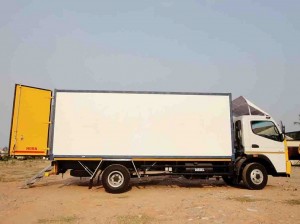 Capable of rolling out 50 such containers every month, NSR Body Work’s client list includes Adyar Anandha Bhavan, Shakti Foods, AKR Logistics, Isuzu Motors India, Mahindra and Mahindra, Tata Motors, Shell and Reliance. An ISO 9001:2008 certified company, NSR Body Works sources parts directly from OEMs. It also manufactures parts and components in-house. The company has two plants in Chennai, spread over 2 lakh sq. ft.
Capable of rolling out 50 such containers every month, NSR Body Work’s client list includes Adyar Anandha Bhavan, Shakti Foods, AKR Logistics, Isuzu Motors India, Mahindra and Mahindra, Tata Motors, Shell and Reliance. An ISO 9001:2008 certified company, NSR Body Works sources parts directly from OEMs. It also manufactures parts and components in-house. The company has two plants in Chennai, spread over 2 lakh sq. ft.



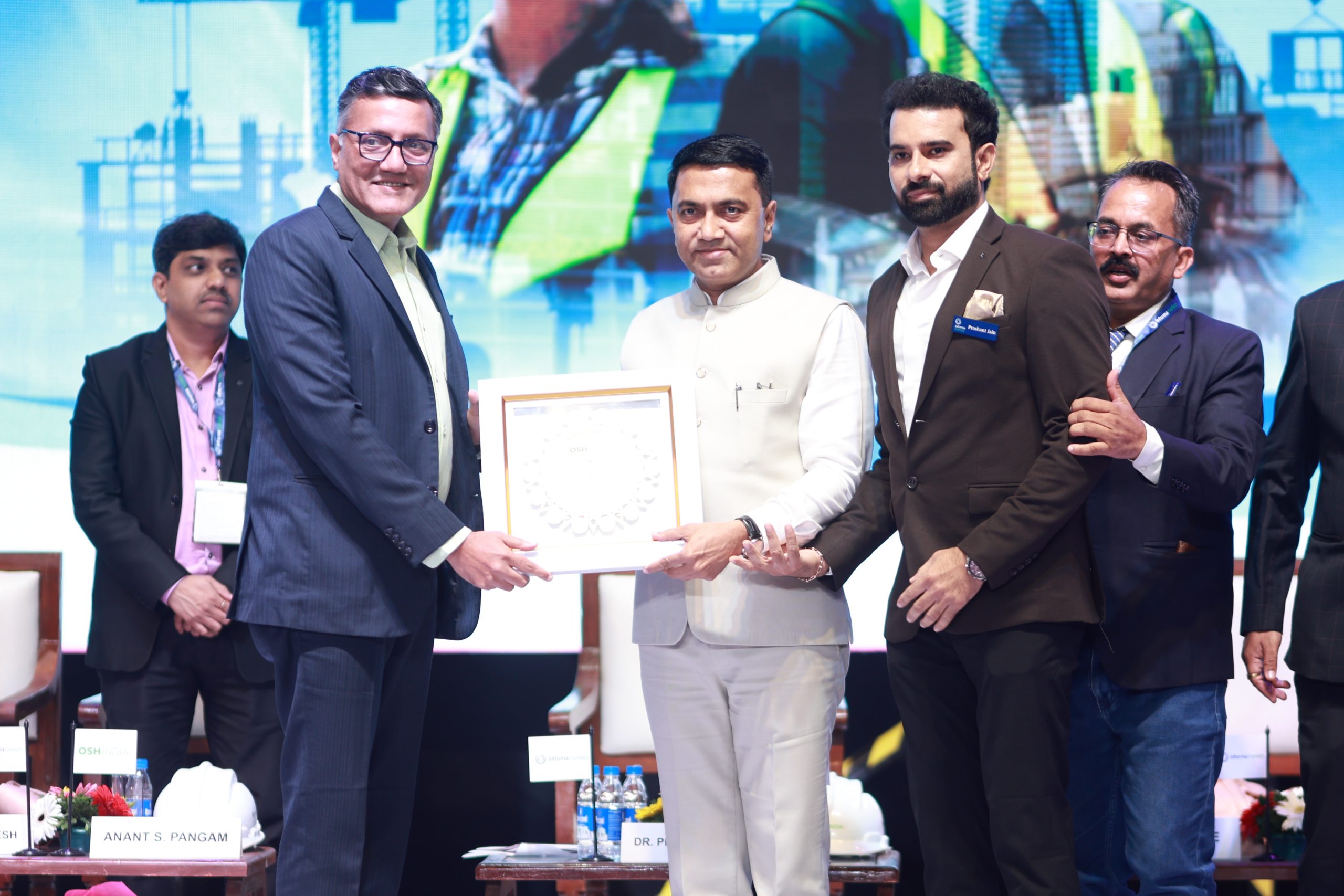

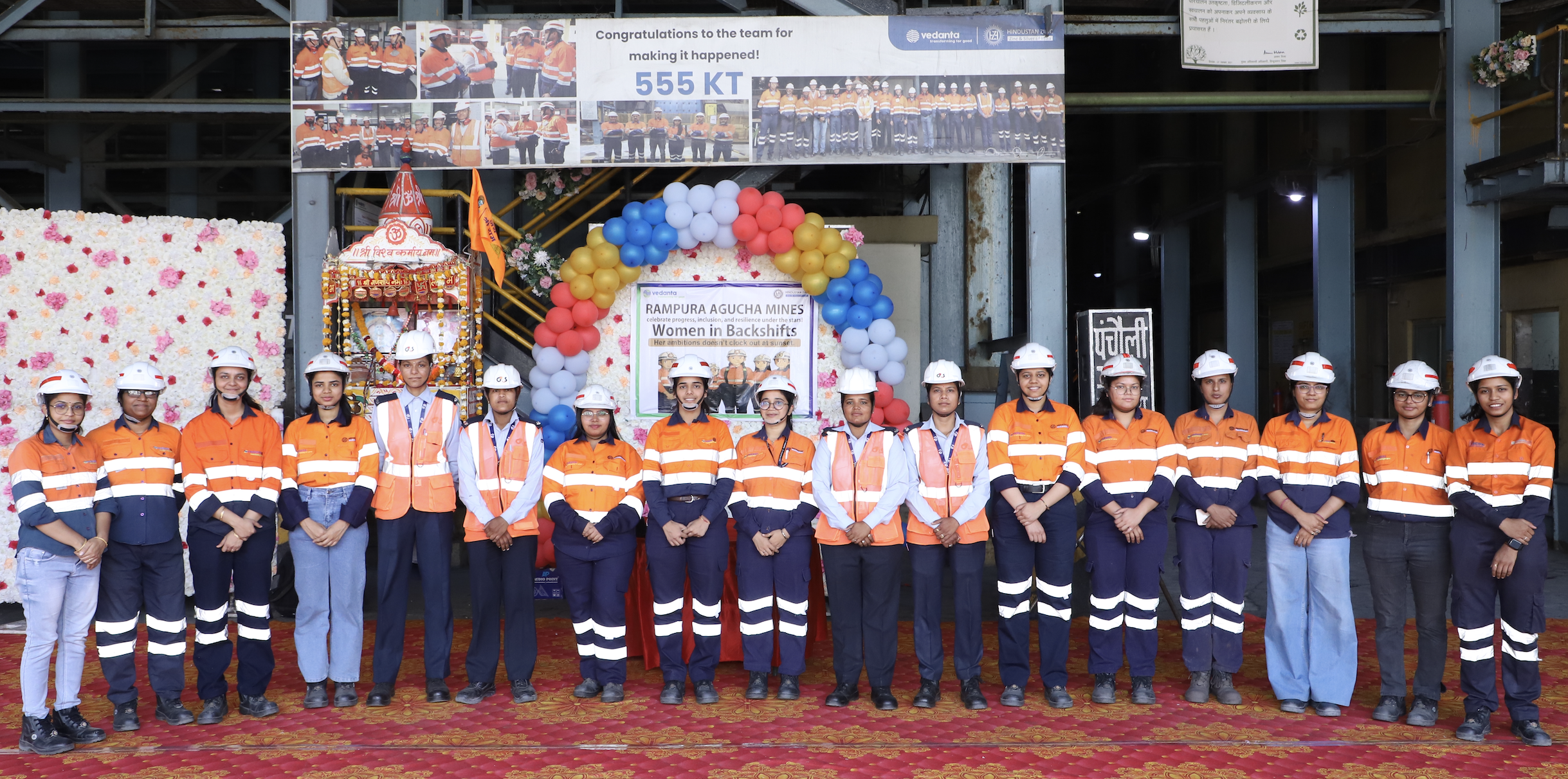
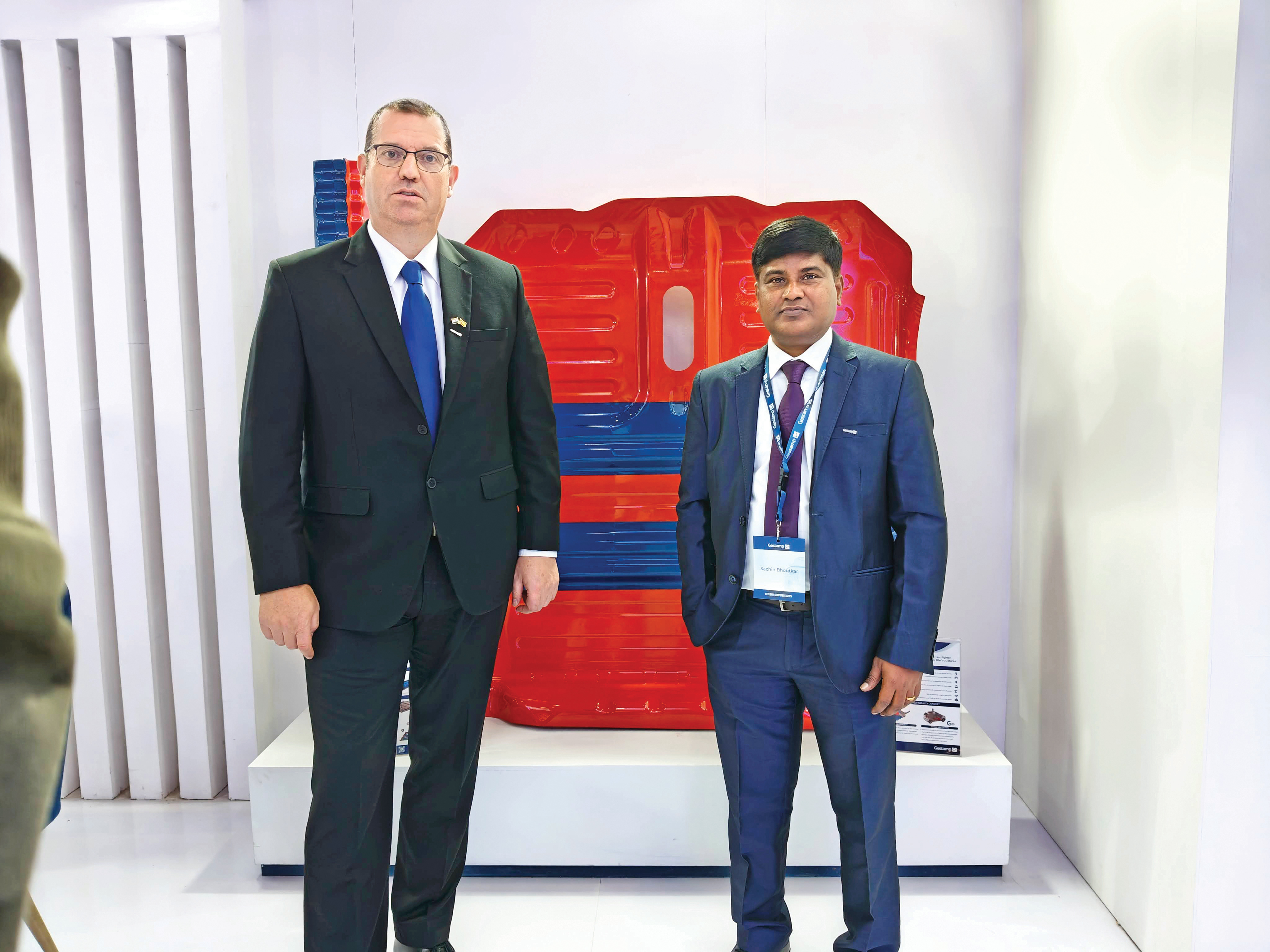
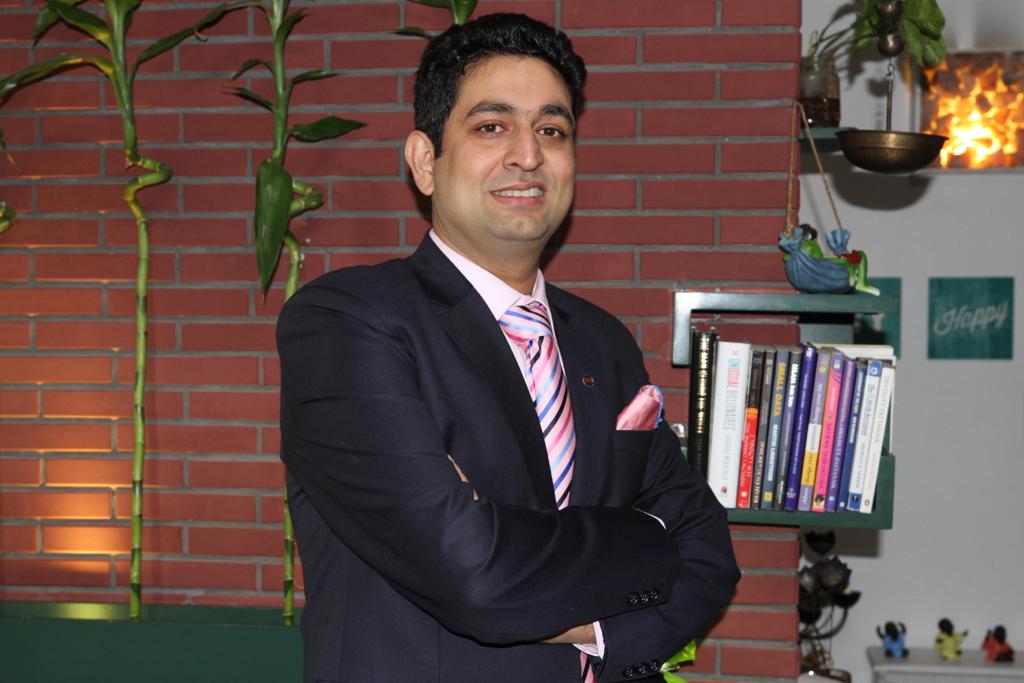





Leave a Reply